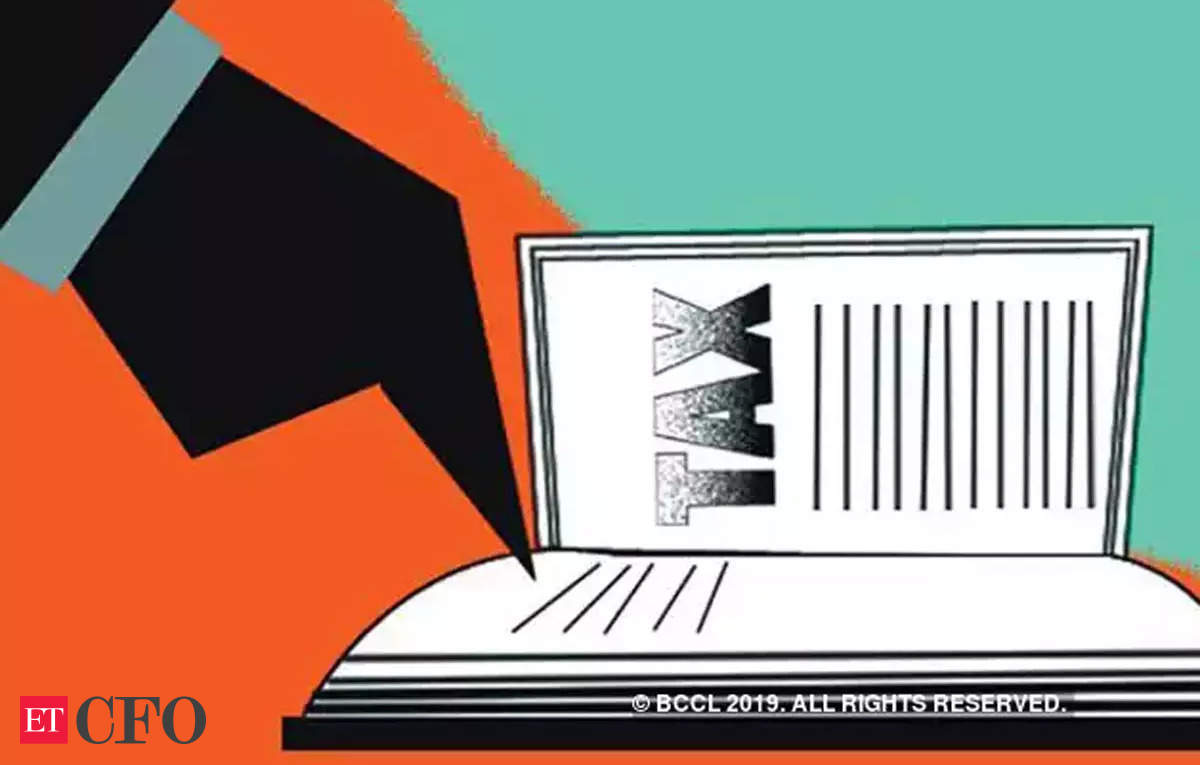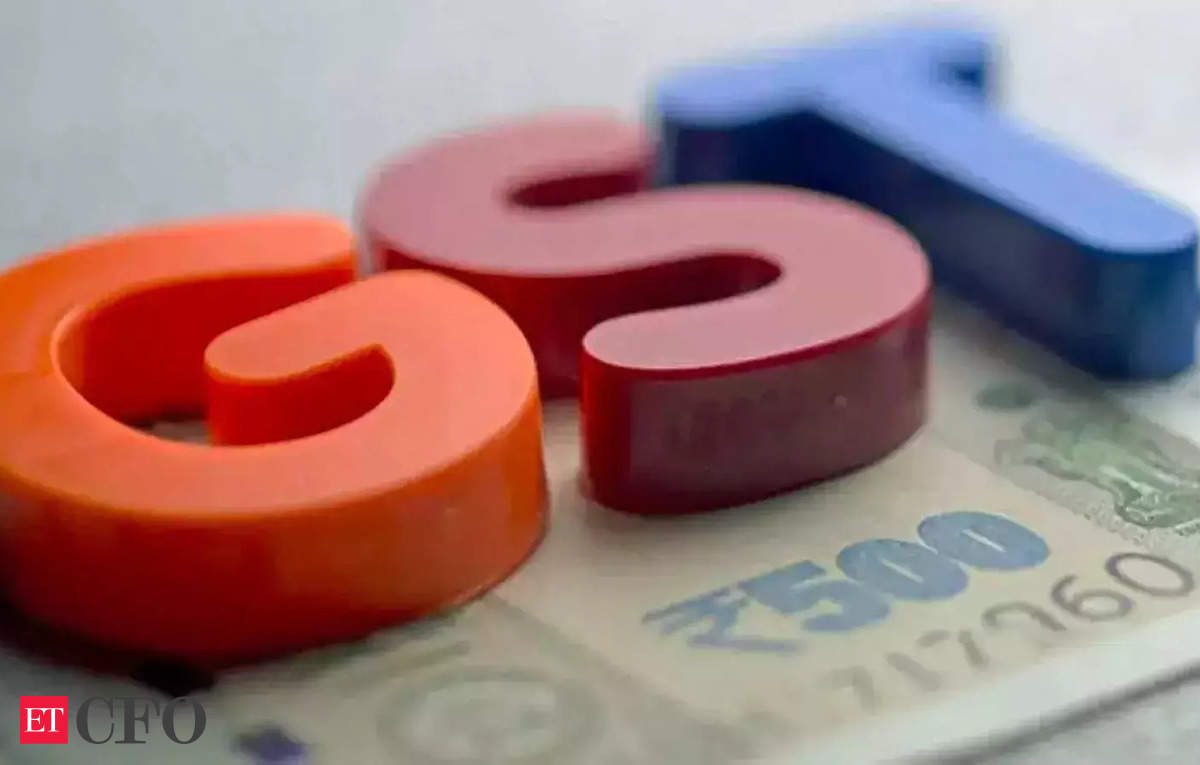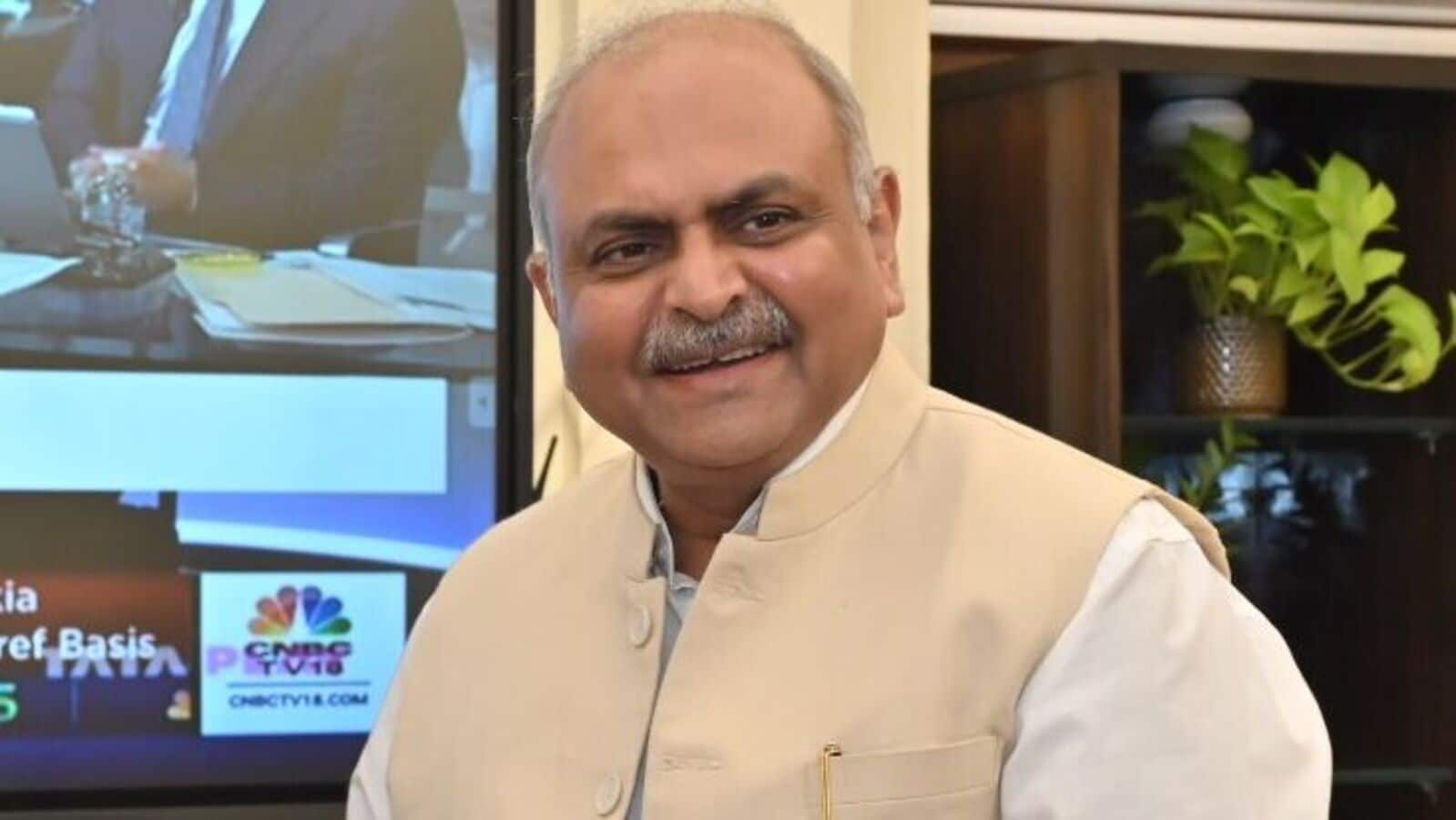The 54th GST Council meeting, held on 9th September 2024, introduced key updates to the Reverse Charge Mechanism (RCM) under GST. RCM shifts the responsibility of paying GST from the supplier to the recipient of goods or services. Below are the three new RCM entries notified in the meeting.
These changes will be applicable from a date which will be given through separate GST notification
Click here to Get Detailed Press Release of 54th GST council Meeting
1. Renting of Commercial Property:
Reverse Charge on Renting of Commercial Property by Unregistered to Registered Persons
One significant change involves the renting of commercial property by unregistered persons to registered persons, which has now been brought under the RCM.
Key Details:
- Current Situation: Previously, if an unregistered person rented out commercial property, GST might not have been collected due to the unregistered status of the landlord, leading to revenue loss.
- New Rule: If a registered person rents a commercial property from an unregistered person, the responsibility to pay GST shifts to the registered recipient under the reverse charge mechanism.
- Objective: This change prevents tax evasion and ensures that GST is paid on such transactions, even when the supplier is not registered.
- Impact: Registered businesses renting from unregistered individuals will now be responsible for paying GST on the rent and fulfilling the associated compliance requirements.
2. Ancillary/Intermediate Services by Goods Transport Agency (GTA)
The GST Council clarified the treatment of ancillary services provided by Goods Transport Agencies (GTA) in connection with the transportation of goods by road.
Key Details:
- Current Situation: Ancillary services provided by GTAs, such as loading, unloading, packing, unpacking, and temporary warehousing, were sometimes invoiced separately, leading to uncertainty over whether they formed part of the composite transportation supply.
- New Clarification: If these ancillary services are provided during the transportation of goods and the GTA issues a consignment note, they will be considered a composite supply and will attract GST under the same rate as the transportation service, falling under RCM.
- Standalone Services: Ancillary services provided separately from the transportation will not be considered part of the composite supply and will be taxed according to their respective GST rates.
- Impact: This clarification streamlines the tax treatment for businesses involved in logistics, ensuring that services related to transportation are appropriately taxed under RCM.
3. Supply of Metal Scrap by Unregistered Dealers
A new RCM entry was introduced for the supply of metal scrap by unregistered dealers to registered buyers.
Key Details:
- Current Situation: Metal scrap is a high-value commodity that often passes through informal channels, making it difficult to track and collect GST. Many unregistered suppliers were involved in selling scrap without charging GST.
- New Rule: Under the RCM, if a registered buyer purchases metal scrap from an unregistered dealer, the responsibility for paying GST shifts to the registered buyer.
- Objective: This change aims to formalize the metal scrap sector, ensuring that GST is collected even when the seller is unregistered, thus plugging revenue gaps.
- Impact: Registered scrap buyers will now need to account for GST on their purchases from unregistered sellers, bringing more transparency and compliance to the scrap trade.
- 2% TDS will apply on B2B metal scrap supply by registered persons.
- Metal dealers will now need to additional registration as TDS deductors. TDS till now was limited to Govt, PSUs & local bodies, now extends to B2B metal scrap transactions!
All other Changes are covered in below video
Visit www.cagurujiclasses.com for practical courses








